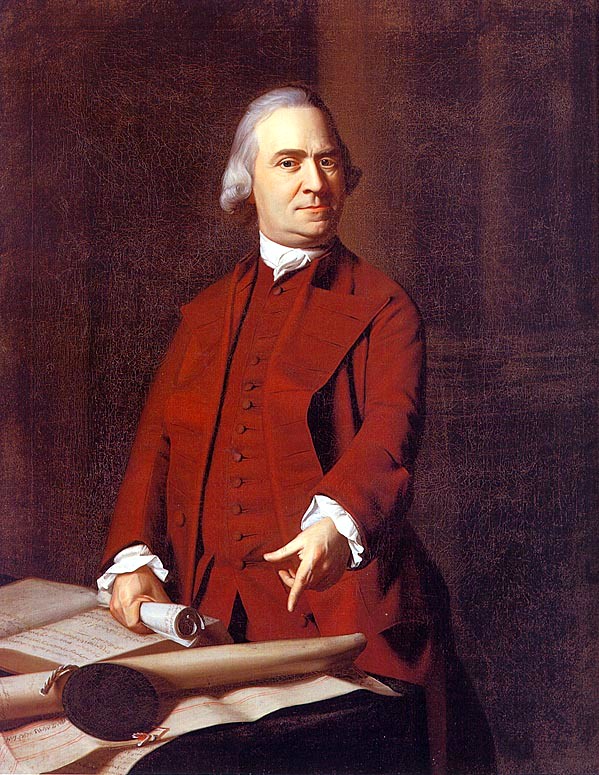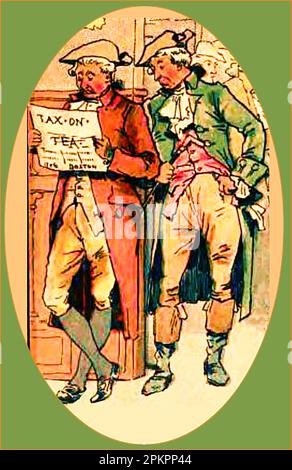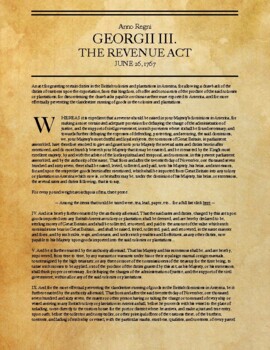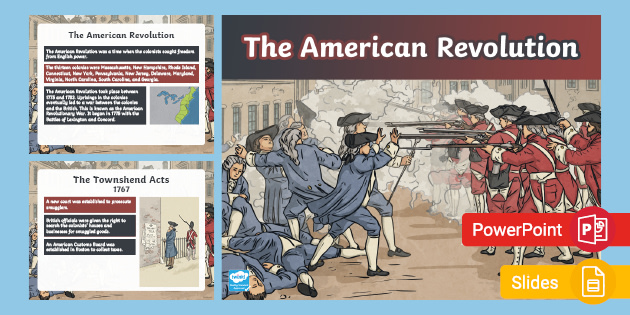Nov 9, 2023published on 09 November 2023 Available in other languages: French British Troops Landing in Boston, 1768 Boston Public Library (CC BY) The Townshend Acts were a series of acts passed by the Parliament of Great Britain between 1767 and 1768 to tax and regulate the Thirteen Colonies of North America.
How did colonists respond to the Townshend Acts? – Quora
34 terms FIVEOCLOCKNEWS Preview Inquisitive 5 HIS 200 13 terms toad-luna

Source Image: khanacademy.org
Download Image
The Townshend Acts, passed in 1767 and 1768, were designed to raise revenue for the British Empire by taxing its North American colonies. They were met with widespread protest in the colonies, especially among merchants in Boston. The Townshend Acts renewed a fierce debate over the British Parliament’s right to tax the colonies.

Source Image: en.wikipedia.org
Download Image
Stamp act townshend acts | TPT The Townshend Revenue Act of 1767 placed duties on various consumer items like paper, paint, lead, tea, and glass. … In the Boston Gazette on March 12, 1770, an article describes the soldiers as striking first. It goes on to discuss this version of the events: “On hearing the noise, one Samuel Atwood came up to see what was the matter; and

Source Image: britannica.com
Download Image
Identify The Statements That Describe The Townshend Acts Of 1767.
The Townshend Revenue Act of 1767 placed duties on various consumer items like paper, paint, lead, tea, and glass. … In the Boston Gazette on March 12, 1770, an article describes the soldiers as striking first. It goes on to discuss this version of the events: “On hearing the noise, one Samuel Atwood came up to see what was the matter; and King George III duly dismissed Rockingham. William Pitt, also sympathetic to the colonists, succeeded him. However, Pitt was old and ill with gout. His chancellor of the exchequer, Charles Townshend, whose job was to manage the Empire’s finances, took on many of his duties.
Townshend Acts | Summary, Significance, & Facts | Britannica
Background Following the Seven Years’ War (1756-1763), the British government was deep in debt. To pay a small fraction of the costs of the newly expanded empire, the Parliament of Great Britain decided to levy new taxes on the colonies of British America. Townshend act hi-res stock photography and images – Alamy

Source Image: alamy.com
Download Image
Personal Narrative-Old White Houses | PDF Background Following the Seven Years’ War (1756-1763), the British government was deep in debt. To pay a small fraction of the costs of the newly expanded empire, the Parliament of Great Britain decided to levy new taxes on the colonies of British America.

Source Image: slideshare.net
Download Image
How did colonists respond to the Townshend Acts? – Quora Nov 9, 2023published on 09 November 2023 Available in other languages: French British Troops Landing in Boston, 1768 Boston Public Library (CC BY) The Townshend Acts were a series of acts passed by the Parliament of Great Britain between 1767 and 1768 to tax and regulate the Thirteen Colonies of North America.
Source Image: quora.com
Download Image
Stamp act townshend acts | TPT The Townshend Acts, passed in 1767 and 1768, were designed to raise revenue for the British Empire by taxing its North American colonies. They were met with widespread protest in the colonies, especially among merchants in Boston. The Townshend Acts renewed a fierce debate over the British Parliament’s right to tax the colonies.

Source Image: teacherspayteachers.com
Download Image
Townshend Acts – Wikipedia In 1767, with the passage of the Townshend Acts, a tax on consumer goods in British North America, colonists believed their liberty as loyal British subjects had come under assault for a second time. THE TOWNSHEND ACTS Lord Rockingham’s tenure as prime minister was not long (1765-1766).

Source Image: en.wikipedia.org
Download Image
The American Revolution | Teaching Wiki | Twinkl USA The Townshend Revenue Act of 1767 placed duties on various consumer items like paper, paint, lead, tea, and glass. … In the Boston Gazette on March 12, 1770, an article describes the soldiers as striking first. It goes on to discuss this version of the events: “On hearing the noise, one Samuel Atwood came up to see what was the matter; and

Source Image: twinkl.no
Download Image
Boston tea Party Independence Day Poster | Zazzle | Boston tea, Independence day poster, Boston tea party projects King George III duly dismissed Rockingham. William Pitt, also sympathetic to the colonists, succeeded him. However, Pitt was old and ill with gout. His chancellor of the exchequer, Charles Townshend, whose job was to manage the Empire’s finances, took on many of his duties.

Source Image: pinterest.com
Download Image
Personal Narrative-Old White Houses | PDF
Boston tea Party Independence Day Poster | Zazzle | Boston tea, Independence day poster, Boston tea party projects 34 terms FIVEOCLOCKNEWS Preview Inquisitive 5 HIS 200 13 terms toad-luna
Stamp act townshend acts | TPT The American Revolution | Teaching Wiki | Twinkl USA In 1767, with the passage of the Townshend Acts, a tax on consumer goods in British North America, colonists believed their liberty as loyal British subjects had come under assault for a second time. THE TOWNSHEND ACTS Lord Rockingham’s tenure as prime minister was not long (1765-1766).